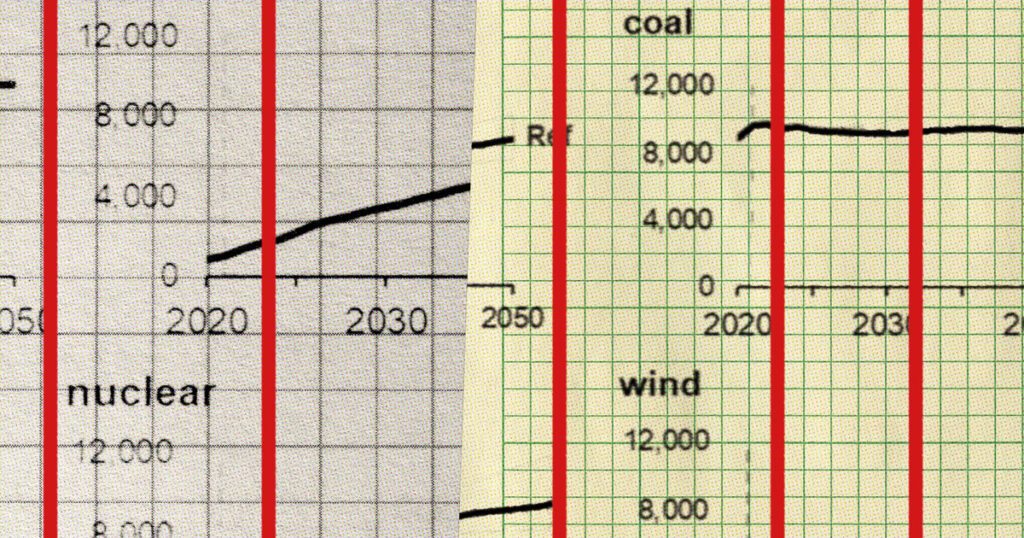The Trump administration’s impact on critical data extends to the energy industry, as seen through the actions affecting the Energy Information Administration (EIA). The EIA, known for its trusted reports on energy matters, released the Annual Energy Outlook for the U.S., projecting growth in alternative energy and decreased reliance on coal and oil. However, the report’s release lacked its usual detailed narrative and promotional efforts, possibly to avoid backlash from the previous administration’s energy supporters.
Following the contentious report release, the Energy Department criticized the findings, highlighting a growing divide in energy policy perspectives. Furthermore, internal turmoil within the EIA led to the cancellation of the International Energy Outlook for 2025, raising concerns about the agency’s future capabilities and the potential impact on global energy markets.
The EIA’s role as a provider of essential energy data has faced challenges amidst staff departures and changes in leadership. The agency’s decision-making processes have been scrutinized, with concerns raised about the prioritization of releasing data over comprehensive analysis and narratives that help interpret the findings for stakeholders.
As the EIA navigates these challenges, the appointment of Tristan Abbey as director signals a potential shift in leadership and priorities. Abbey’s confirmation hearing highlighted his commitment to revitalizing the agency and enhancing its analytical capabilities, emphasizing the need for nonpartisan data in shaping energy policies.
The EIA’s evolving landscape underscores the importance of objective energy data and analysis in driving informed decision-making in both the public and private sectors. The agency’s future direction under new leadership will be crucial in maintaining its role as a trusted source of energy information on a global scale.

